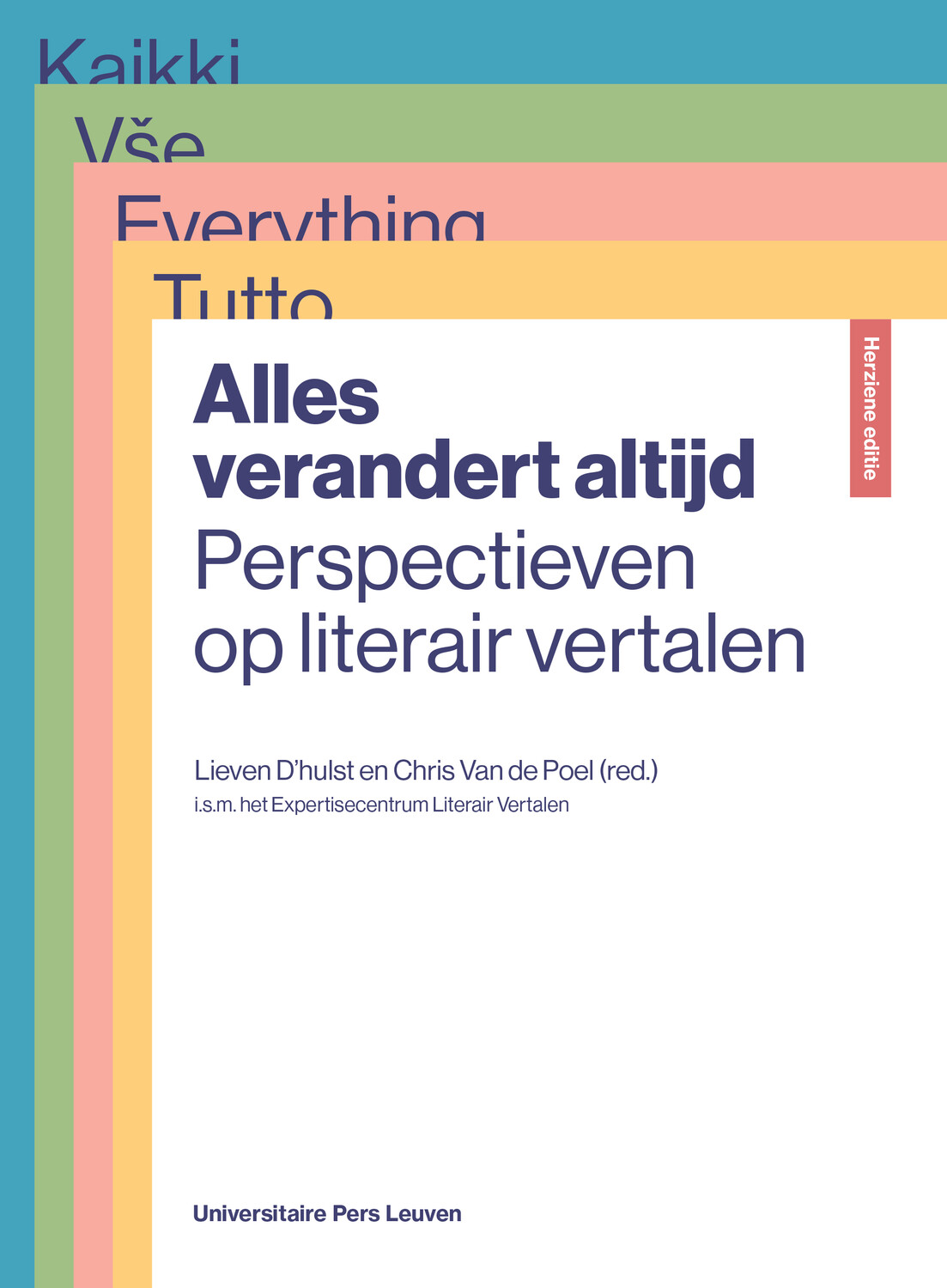Online materiaal 'Economie. Een inleiding' - 2013
 Welkom op de webpagina van het handboek Economie. Een inleiding - editie 2013.
Welkom op de webpagina van het handboek Economie. Een inleiding - editie 2013. De oplossingen op de vragen uit het oefenboek vindt u hier.
Voor bijkomende vragen en opmerkingen over het handboek, de presentaties en het oefenboek kunt u steeds terecht op het e-mailadres economie@upl.be
Meer over het handboek Economie. Een inleiding - gewijzigde herdruk 2013.
Meer over het oefenboek Economie. Een inleiding: oefeningen - herwerkte editie 2013.
Foutmelding bij het openen van de nieuwe PowerPoint-presentaties
Dit is een foutmelding omwille van een automatische update van Microsoft.
Met onderstaande instructies, kunt u de foutmelding omzeilen.










































